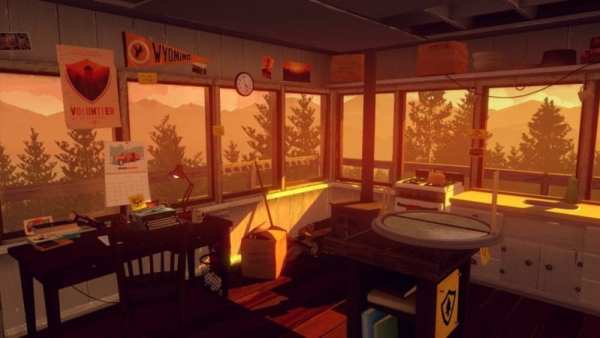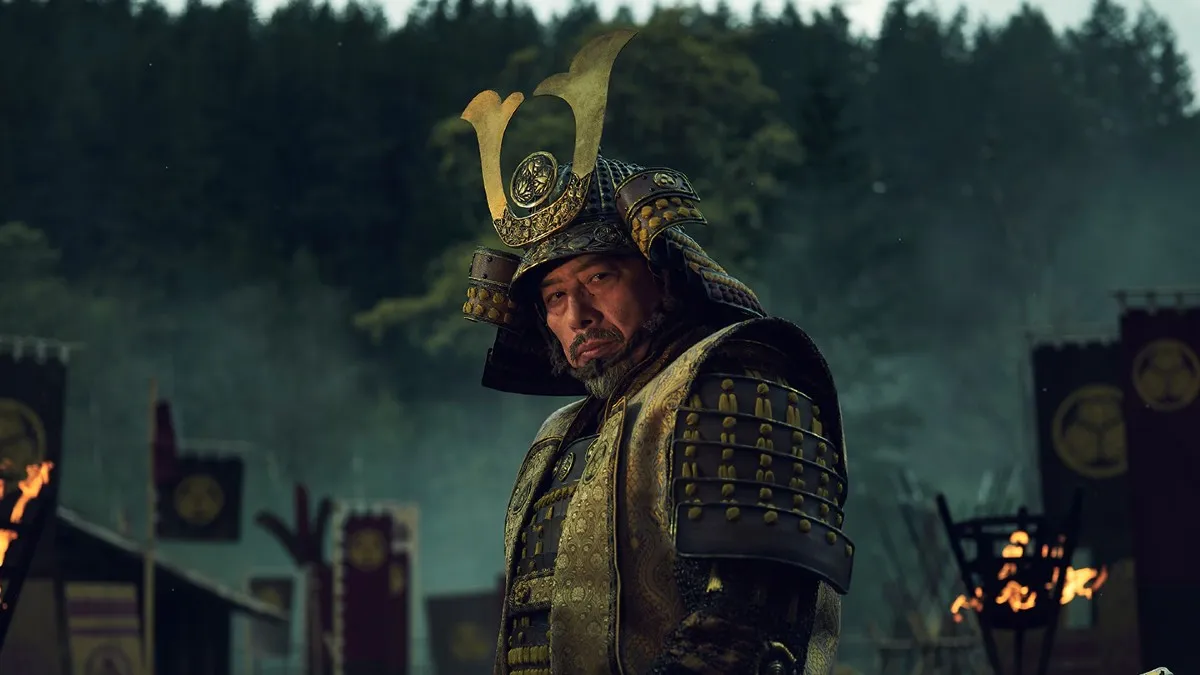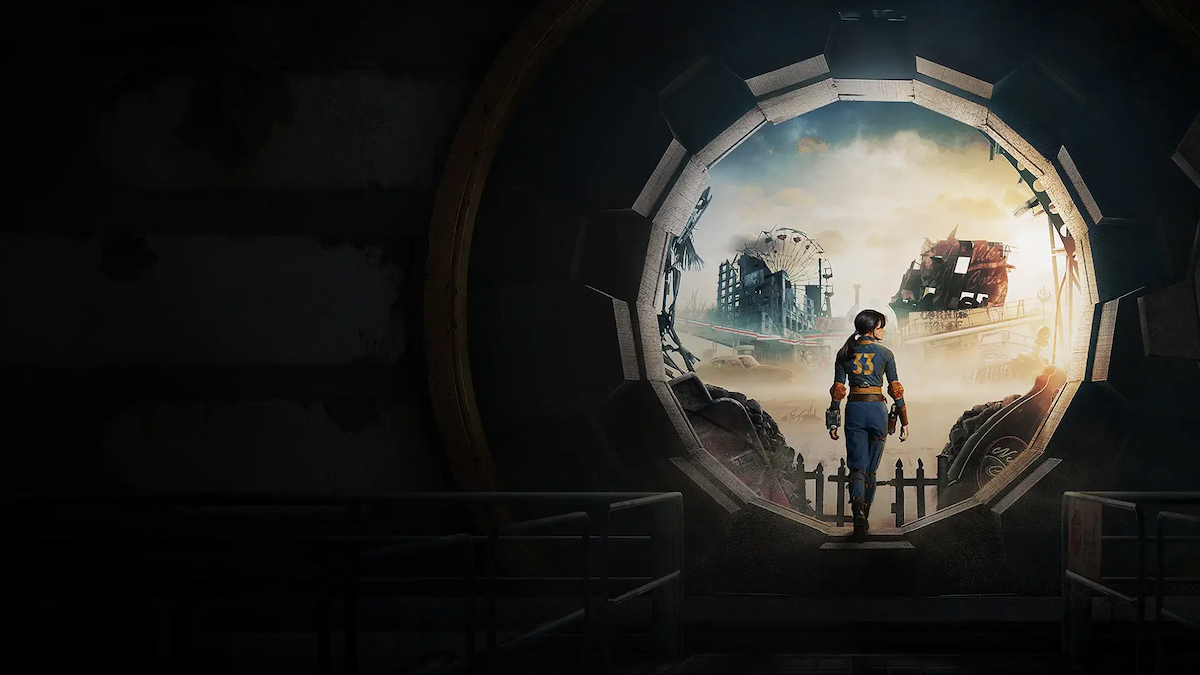When it comes to smaller, tight-knit teams like Campo Santo, success and critical reception for a game like Firewatch can be overwhelming. After making a splash on PC and PS4 earlier this year, the developers announced that they wanted their game to reach a wider audience – more specifically, they wanted Firewatch to be available to fans of various different languages.
“Our Steam launch came with an unexpected surprise: a full-text Russian localization. We’re also working on Spanish, French, German, and Chinese localizations, and on bringing all five official translations to PS4, too. That adds up to more than 2 billion native speakers who will be able to experience Firewatch!
We know that doesn’t begin to cover everyone, however. That’s why we’re making our full text data available on GitHub, and putting out an open invitation for you to create your own localization for friends and other fans. We’re hoping to see Firewatch in as many languages as possible, and we will be uploading full localizations back to the GitHub repository as the community completes them so they can be shared around.”
Fan translations have been something of a controversy in recent years. From the debacle that stemmed from the Final Fantasy Type-0 fan patch, which was rife with legal conflicts between fans and Square Enix, to fans creating their own English translations of Fire Emblem If believing that Nintendo was bastardizing and censoring the game, the very concept of having fans and non-officially sanctioned translators work on a video game localization has sparked all sorts of debates about the legality of it all.

Both Type-0 and Fire Emblem are instances markedly different from the debates that have cropped up with Campo Santo’s announcement; however, there is a striking similarity between all of these examples: fan-localizations, or fan-locs as the community has taken to calling them, exist because of the passion of a community. After all, fan passion is the reason why the Steam release of Firewatch got a full Russian localization in the first place. Fans want to put in the time and effort into localizing a game because they love the material and want to share it with those who speak a different language. While Firewatch isn’t quite on the same scale as Final Fantasy Type-0 and Fire Emblem If, it’s certainly made enough of a splash for Campo Santo’s open invitation to attract large groups of willing volunteer translators.
However, not everyone is on board with this “open invitation.”
“It’s hardly an invitation to professional translators, who for the most part don’t have time to translate an entire game for fun and no profit,” Olivia Iwai, a Japanese-English translator and regular contributor to Gematsu, tells me. “If you have people with little qualified experience providing free work for a shout out or excuse to build their credibility, you have to wonder what kind of quality you will receive, and if that translation work will be proofread and quality checked. If not, it’s a lose-lose situation; no one gets paid and the translation quality suffers.”
Iwai isn’t the only one feeling concerned over this matter. Koestl, a freelance translator who’s worked on localizing Japanese visual novels including the Grisaia trilogy, wasn’t too pleased with Campo Santo’s announcement either. “I think it’s nice of developers to tolerate fan patches if they have no plans to officially localize their game in a certain language. I do not think they should actively invite or organize unpaid translations,” he tells me. “If they want to take an active role in bringing their game to wider audiences, they owe it to their foreign fans to have that work done professionally.”
One crucial point to note is that at the time of the announcement, Campo Santo already had plans to include official localizations in the retail release of the game for some languages, but not others. Of course, a smaller team like Campo Santo can’t possibly be expected to localize Firewatch in every single language. From a business standpoint, it may not make sense for the developers to put in the extra money into localizing their game in a particular language if they don’t see themselves making any sort of profit from it. However, by telling fans that they had no intention to pay professional localization houses for the rest of the languages, it sent out the troubling message of “we’re not going to pay to put out a professionally-done localization of our game in your language, so if you want to see it in your native language, here are our text files. Go crazy.”
“They either don’t understand the level of skill and commitment required to produce a reliably professional localization, or they simply don’t care enough about their own product to ensure that it’s presented well to those speaking ‘less important’ languages,” Koestl also mentions to me via email.

Campo Santo’s open invitation is not just a matter of appealing to your own fan base and encouraging them to dedicate their free time to translating text with little recognition; freelance translator Thomas James also brings up the excellent point that this was essentially taking away and devaluing the work of professional translators.
“Translators today, especially new people just trying to break into freelance, can already have a tremendously hard time justifying the value of their work to potential clients, especially if said clients aren’t the kind to regularly need translation work,” James says, contemplating the potential roadblocks that come with working in his field.
“The legalities for actually publishing a localized version within a retail product do provide some much-needed checks and balances that fan translations aren’t always able to meet, but again, successful community outsourcing efforts done for free can help create the perception that professional translators might not always be necessary if the community can do a perceivably ‘good enough’ job.”
By adopting the open source method for fan translations, Campo Santo isn’t exactly doing fan translators a big favor either. With the community projects that are currently going on, it would appear that only one definitive localization patch will be available for each language. James tells me that this may not necessarily be a good thing for fan translators because there’s nothing stopping future translators from overwriting past work to provide a more updated version of the localization. This means it will be difficult for any one person or team to take proper credit for the work they’ve put into this project.




